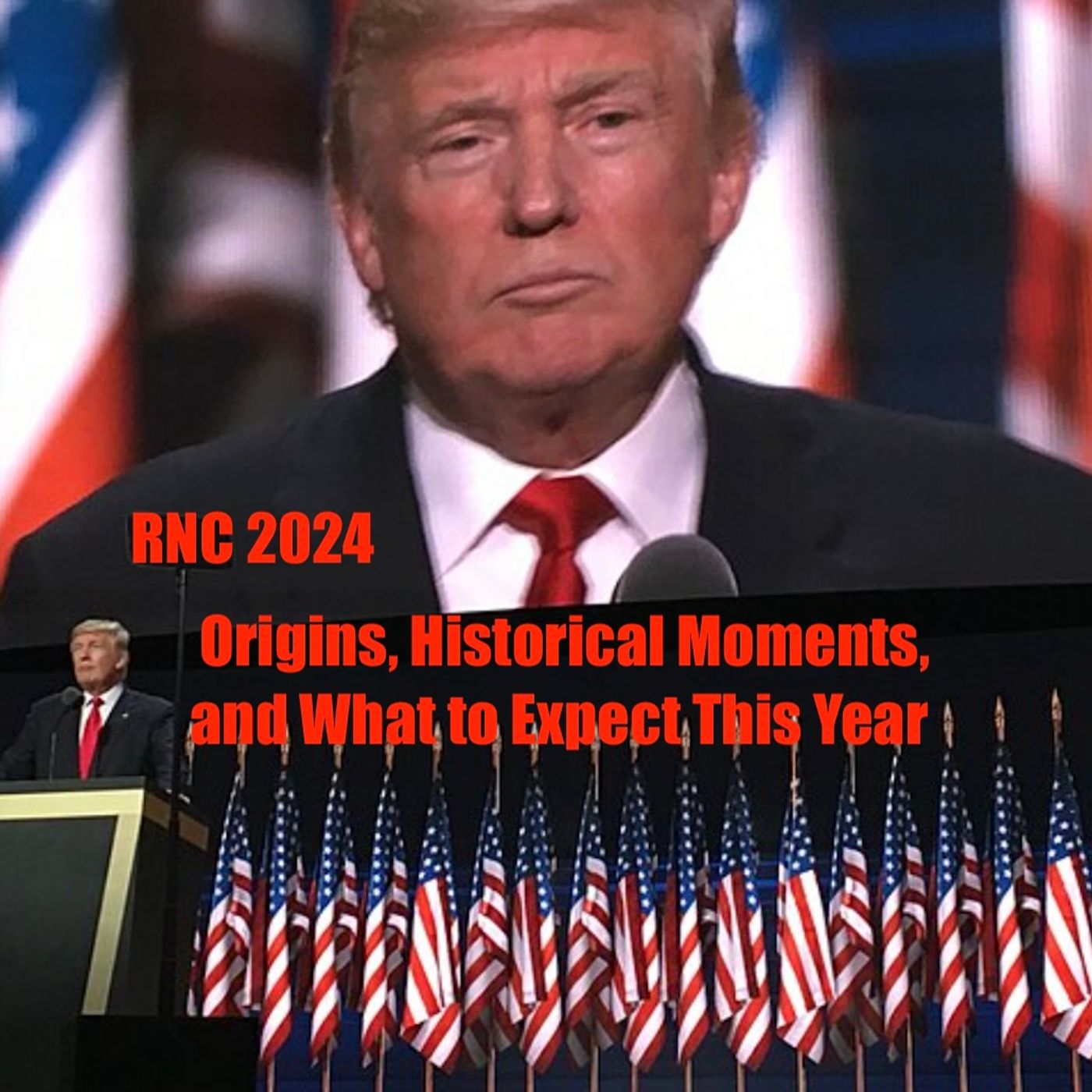Bridging Business and Education: Linda McMahon's Unexpected Rise as U.S. Secretary of Education
Description
The appointment of Linda McMahon, a former WWE CEO, as the Secretary of Education by President Donald Trump has elicited mixed reactions from various quarters. McMahon, primarily known for her executive role in the world of professional wrestling and her co-chairmanship of Trump’s transition team, ventured into uncharted territory with her nomination to helm the Education Department.
Linda McMahon's business acumen is indisputably robust, having transformed WWE into a global entertainment juggernaut alongside her husband, Vince McMahon. Her business leadership credentials include overseeing the company's explosive growth and navigating complex media and entertainment landscapes. However, her direct experience in managing educational policies or institutions is notably sparse. This gap in her resume has raised eyebrows among educators and political analysts alike, prompting discussions regarding the relevance and transferability of her skills to the education sector.
Trump’s decision to nominate McMahon may be seen as part of his broader agenda to infuse government with business-centric strategies and individuals from outside the traditional political sphere. He praised McMahon’s managerial skills and her entrepreneurial spirit, suggesting that these qualities are what the Education Department needs to foster innovation and efficiency. In his view, McMahon's success in business equips her to tackle the bureaucratic challenges of the education system, possibly paving the way for significant reforms.
The potential implications of McMahon’s appointment are far-reaching. As Education Secretary, she would have the authority to influence public education policy, including decisions about educational funding, accreditation standards, and curriculum choices. Given her background, there might be an increased emphasis on competitive models and performance metrics in schools. Supporters might argue that her fresh perspective could lead to valuable, outside-the-box thinking on how to resolve persistent challenges in the U.S. education system, such as achievement gaps and resource allocation.
Critics, however, express concerns that McMahon’s lack of direct experience in education could lead to missteps that may affect the quality of education. Her tenure could become a focal point for cultural debates on educational priorities and the role of government in schooling. Key issues likely to surface include the balance of power between federal and state education systems, the support of public versus private schooling, and the implementation of standardized testing regimes.
McMahon’s journey as Secretary of Education is poised to be a closely watched endeavor. It will be interesting to see how she is able to transfer her business management skills to an entirely different sphere and whether her leadership can indeed bring about innovative changes in the complex, nuanced field of education. As she navigates the intricacies of her new role, the broader educational community remains cautiously optimistic about the potential for transformative policies that could redefine the future of education in America.
More Episodes
Published 11/20/24
As the race for the 2024 Republican nomination heats up, former RNC Chair Michael Steele has been vocal in his criticism of new strategies emanating from Donald Trump's camp. In a recent commentary, Steele openly rebuked what he referred to as a "crazy" new plan by Trump, indicating a growing...
Published 11/18/24
Senator Tim Scott of South Carolina, a notable ally of former President Donald Trump, is gearing up for a significant new role as the incoming chair of the National Republican Senatorial Committee (NRSC). His appointment comes at a crucial time as the Republican Party, often referred to as the...
Published 11/16/24


